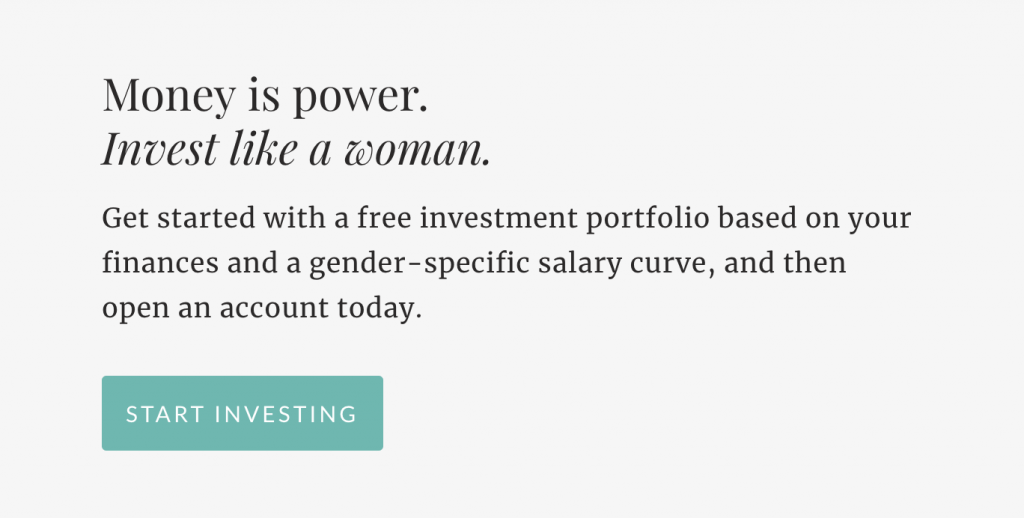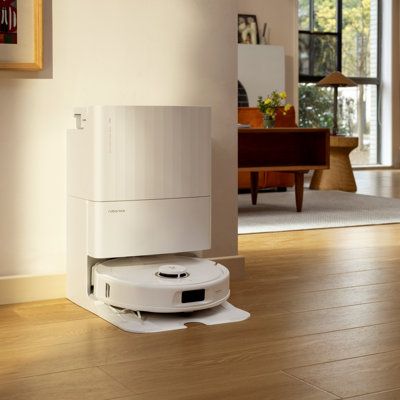Here’s a fact: The ability to consistently save and invest money is the number one habit practiced by financially successful women – and for good reason. Sure, the early years of your career require you to stretch a small paycheck across rent, groceries, social gatherings, and many other priorities. But saving investing is a necessity, for two important reasons: One, you are going to be responsible for paying for your own retirement. Second, if you don’t start now, achieving financial goals later in life will be far harder.
The good news is that you have a huge investing advantage over people who are older: You have time. Because retirement is four decades away, you can afford to invest in stocks without caring what the market does next month or next year. And thanks to that long time horizon, even small investments will compound immensely.
Consider the numbers: If you invested $3,000 a year beginning today and your funds return a reasonable 6% a year, you would end up with nearly $45,000 in 10 years and nearly $120,000 in 20. After 40 years, you’d have nearly $500,000. Thanks to the miracle of compounding, that sum balloons as you earn interest both on what you contribute and on the interest you’ve been earning. It’s a like a snowball rolling down a hill. The longer the hill, the bigger it gets.
And, if your company matches your 401(k) contributions, you’d only have to save $125 a month to hit that $3,000 a year target.
Unfortunately, the truth is the majority of women aren’t investing their hard-earned cash, and it’s a hugely costly mistake. The recent market lurches can be enough to give any investor pause: Maybe just keep your money in the bank? Nice and safe. Wait to invest. Ok, but.. there’s a price for that safety. That’s according to Sallie Krawcheck, the co-founder and CEO of Ellevest, the only women-focused investment platform. The seasoned Wall Street veteran asserts that the gender investing gap—the notion that women invest less than men—costs women at least $750,000 over the course of their lives. *
And depending on your salary and the market’s performance, the real cost of the investment gap over a 35-year career span could be more than $1 million. (Yes, I said one million).**
But it’s not just the money, it’s also about the financial freedom that comes with having money. Not having as much money as men can keep us in relationships we may not want to stay in, it can also keep us in a job we don’t like, and can cause us to miss out on opportunities (like buying a house or starting a business).
Worried about the volatility of the markets?
The stock market definitely got more volatile in recent weeks … so should we be worried? Krawcheck has some thoughts about how to see the market in this video.Don’t be. Of course, markets can be volatile but research shows that over the long-run—like several decades—staying in the markets will help your money grow. More so than keeping it in cash.
“Right now, we’re in what they’re calling an aging bull market, which means we’re going to see a lot of ups and downs. But over time, companies make money and stocks grow. If you’re someone just starting out in your 20s or 30s, you have plenty of time for that money to grow. Automate it, put it away, don’t look at it. Just leave it there.
CLICK HERE TO START INVESTING NOW








